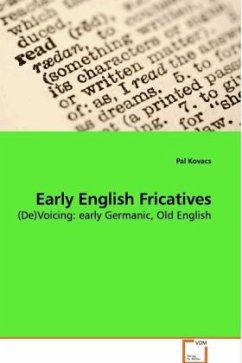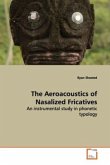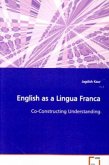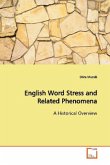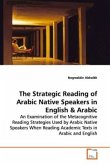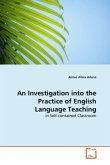The aim of this paper is to render a detailed picture
of the early formation of English fricatives from the
Indo-European period till the threshold of Middle
English with emphasis on the Germanic period. After
presenting different theories of the Indo-European
consonantal inventory, I discuss the two famous
Germanic sound laws: Grimm s Law and Verner s Law.
These sound changes have been debated for a long
time, and their acceptance among scholars is not
uniform at all. Following the chronological line of
my discussion, the next step is a presentation of the
fricative system of Proto-Germanic. To reconstruct
the Proto-Germanic consonantal inventory, it is
necessary to examine its dialects as well. I examine
Gothic closely from this point of view, as I had the
opportunity to study it in the course of my
university studies. Thereafter I continue my
discussion with the Old English fricative-system.
The second part of my thesis is devoted to a central
topic strongly debated among historical linguists:
the status of voice. My aim is to reconsider the
standpoint generally accepted with the help of Karl
Luick s theorem, which has been ignored for a long
time.
of the early formation of English fricatives from the
Indo-European period till the threshold of Middle
English with emphasis on the Germanic period. After
presenting different theories of the Indo-European
consonantal inventory, I discuss the two famous
Germanic sound laws: Grimm s Law and Verner s Law.
These sound changes have been debated for a long
time, and their acceptance among scholars is not
uniform at all. Following the chronological line of
my discussion, the next step is a presentation of the
fricative system of Proto-Germanic. To reconstruct
the Proto-Germanic consonantal inventory, it is
necessary to examine its dialects as well. I examine
Gothic closely from this point of view, as I had the
opportunity to study it in the course of my
university studies. Thereafter I continue my
discussion with the Old English fricative-system.
The second part of my thesis is devoted to a central
topic strongly debated among historical linguists:
the status of voice. My aim is to reconsider the
standpoint generally accepted with the help of Karl
Luick s theorem, which has been ignored for a long
time.
